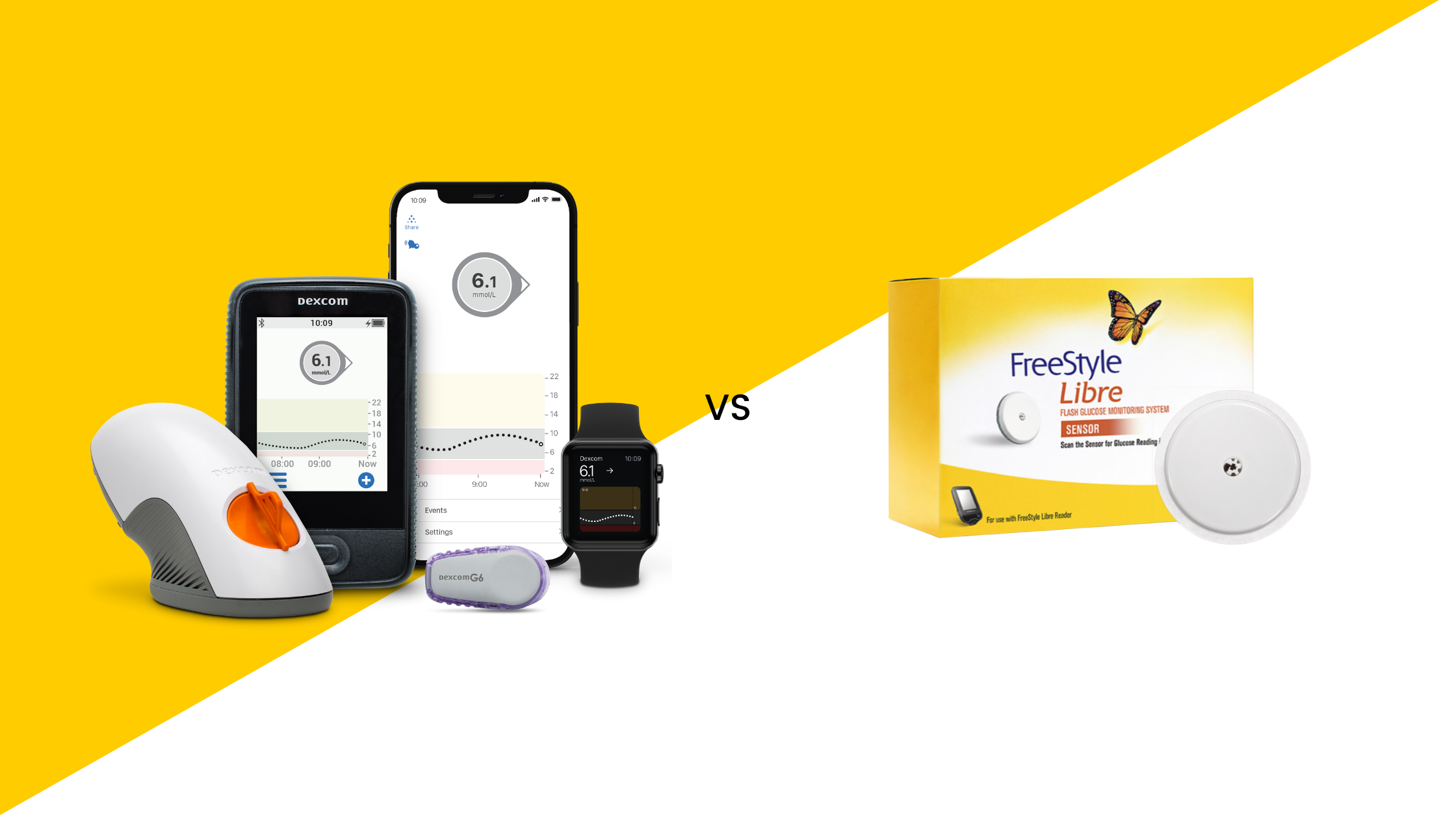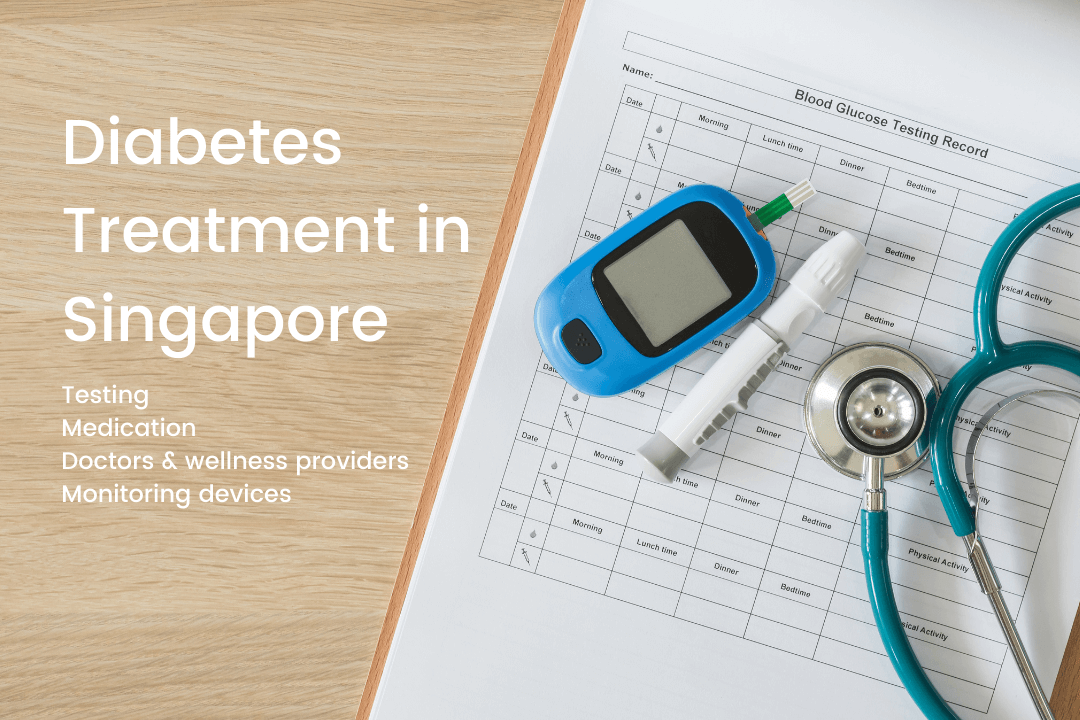Maintaining a Healthy Weight and Managing Blood Sugar During the Holidays
You can have an enjoyable holiday experience and maintain both your healthy weight and blood sugar levels. Consider this approach to be one of celebrating and enjoying, rather than one of deprivation.
Are You at Risk of T2D Without Knowing It?
Let’s explore how our modern work habits may be quietly raising the risk of diabetes, and what you can do to stay metabolically healthy.
Easy Workday Habits That Support Glucose Control
You don’t need a major lifestyle overhaul to improve your blood sugar control. Sometimes, the small, consistent habits make a big difference.
Why Glucose and Insulin Tests Matter
Many workplaces include regular screening blood tests as part of an annual checkup. This helps to detect potential signs of health concerns at an earlier stage, when they’re easier to treat. In some cases, it’s even possible to take action to prevent a major health condition from developing.
The Dawn Phenomenon: Why Your Morning Blood Sugar is High Even Without Eating
The dawn phenomenon is a natural early-morning rise in blood sugar caused by natural hormonal changes that prepare your body to wake up.
What is Insulin & Fasting Insulin?
Insulin is a hormone that’s crucial for regulating blood sugar levels. The pancreas releases insulin in response to a rise in blood sugar levels, which usually occurs after eating.
Additional Insights from Continuous Glucose Monitors (CGMs)
The true power of a CGM lies beyond just numbers on a graph. It’s about what those numbers can tell you about your lifestyle, diet, exercise, and metabolic health.
How Monitoring Your Glucose Can Help You Stay Energized
CGMs help track blood sugar fluctuations, allowing you to optimize diet, exercise, and lifestyle choices for steady energy.
The Accuracy of CGMs
CGMs have changed diabetes management by eliminating the need for frequent finger pricks and providing continuous glucose monitoring.
How CGMs Can Help Identify Symptoms of Blood Sugar Imbalances
Blood sugar imbalances can affect your energy levels, mood, metabolism, and overall health. If you are experiencing fatigue, dizziness, brain fog, or cravings, these symptoms may be linked to fluctuations in glucose levels.
How to Stay on Track with Your Diabetes Goals During the Chinese New Year Festivities
Staying on track with your diabetes goals is absolutely possible with a little planning and mindfulness.
Diabetes Management in Singapore 2025: A Complete Guide
Learn how diabetes is treated in Singapore in 2023. Covering testing, diagnosis, monitoring, medication, and pricing for all aspects of type 1 and 2 diabetes care.
Compare pricing for various diabetes medications in Singapore, as well as fees for doctor consultations.
How long does it take for GLP-1 RAs (Semaglutide & Tirzepatide) to work?
It takes about 8 to 12 weeks of treatment with a GLP-1 RA to start seeing the full effect. The starting dose of these medications is low, to allow the body time to adjust. This helps to minimize side effects. The dose is usually increased after 4 weeks.
Be careful of impure, compounded versions of GLP-1 RAs that are circulating in the market
Just recently, the US Food and Drug Administration (FDA) has recently issued a warning about counterfeit and compounded versions of GLP-1 RAs.
How to Spend the Chinese New Year Holidays if you’re on GLP-1 RAs
Chinese New Year means that there will be a lot of food and drinks. Although pausing your GLP-1 RA treatment may seem like a good way for you to enjoy the festivities, it is not recommended. Consult with your doctor if you intend to do so.
The Sleep-Sugar Connection: Staying Healthy Over the Holidays
Sleep helps regulate a number of physiological systems, including glucose metabolism. Poor sleep can exacerbate insulin resistance, impair glucose tolerance, and lead to elevated blood glucose levels.
Holiday Stress Management and its Impact on Blood Sugar Levels
For individuals with diabetes, the holiday stress can significantly impact blood sugar levels. Holiday stress can impact diabetes management in various ways, including disrupted eating routine, lack of physical activity, and lack of self care.




















